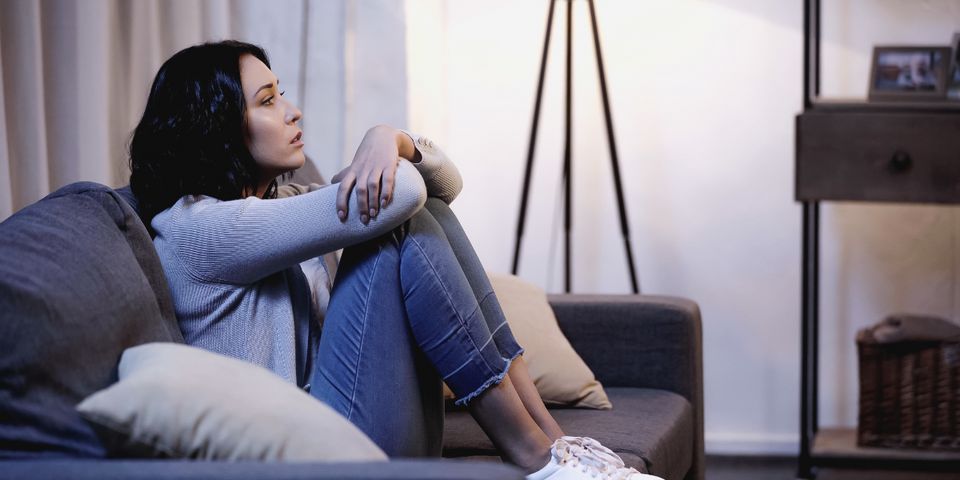
The threat of COVID-19 has seen peaks and dips since it first appeared in the U.S. in early 2020. As new strains circulate, it appears the virus will be a concern for some time to come. Whether or not you or a loved one has experienced COVID-19 firsthand, it has had a global mental health impact. Here’s a closer look at the psychology of COVID-19.
How Has COVID-19 Affected Mental Health?
While psychology-related issues like mental illness and substance abuse have always been present, there was a noticeable uptick in these challenges from 2019 to 2020, which is largely attributed to COVID-19. There were four times as many adults with symptoms of anxiety or depression during the height of the pandemic compared to 2019. Worry over the virus also spurred unhealthy symptoms like difficulty sleeping and eating, as well as increased use of alcohol or substance abuse.
Psychology professionals attribute these mental health issues to the major life changes brought on by the pandemic. Specifically, people who were already feeling concerned about the implications of the virus experienced an even larger mental health impact during lockdowns, when they were forced to isolate themselves from friends and even family in some cases. Couple this with long periods of missed plans, job losses, and worry about loved ones, and it’s no wonder many individuals have been struggling with mental health.
How Can You Manage Your Mental Health During the Pandemic?

Even though the pandemic may persist, there are still steps you can take to care for your mental health starting now. Some proactive steps include:
- Keep in Touch With Loved Ones: Even if you can’t physically be around friends and family due to the recent spike of the Delta variant, stay in touch using video chats and phone calls. Many social media platforms offer free video chatting tools, so take advantage of them and schedule frequent virtual hangouts.
- Know That Others Are Struggling: When you’re isolated, it’s easy to feel as if you’re the only one experiencing negative feelings. However, know that you’re not alone in feeling anxious, sad, or lonely. Nearly three-quarters of the population feels the same way. Remember that you may not hear from others as much as you normally would if they’re struggling, too.
- Consider a Virtual Mental Health Session: Many hospitals and health care agencies are offering telehealth sessions to boost mental health. Consider signing up for a session once or twice a week to discuss your emotions in a healthy and supportive environment.
If you’re not feeling like yourself due to the pandemic, turn to our Mental Health or Family Medicine providers at United Hospital District. Our experienced team offers a wide range of medical and psychological services to residents of the Blue Earth, Fairmont, Wells, and Winnebago, MN, areas. Whether you want to assess your mental health or seek resources for support, our providers can try to guide you in the right direction. Visit us online or call (507) 526-7388 to discuss mental health services further.
About the Business
(87 reviews)
Have a question? Ask the experts!
Send your question

